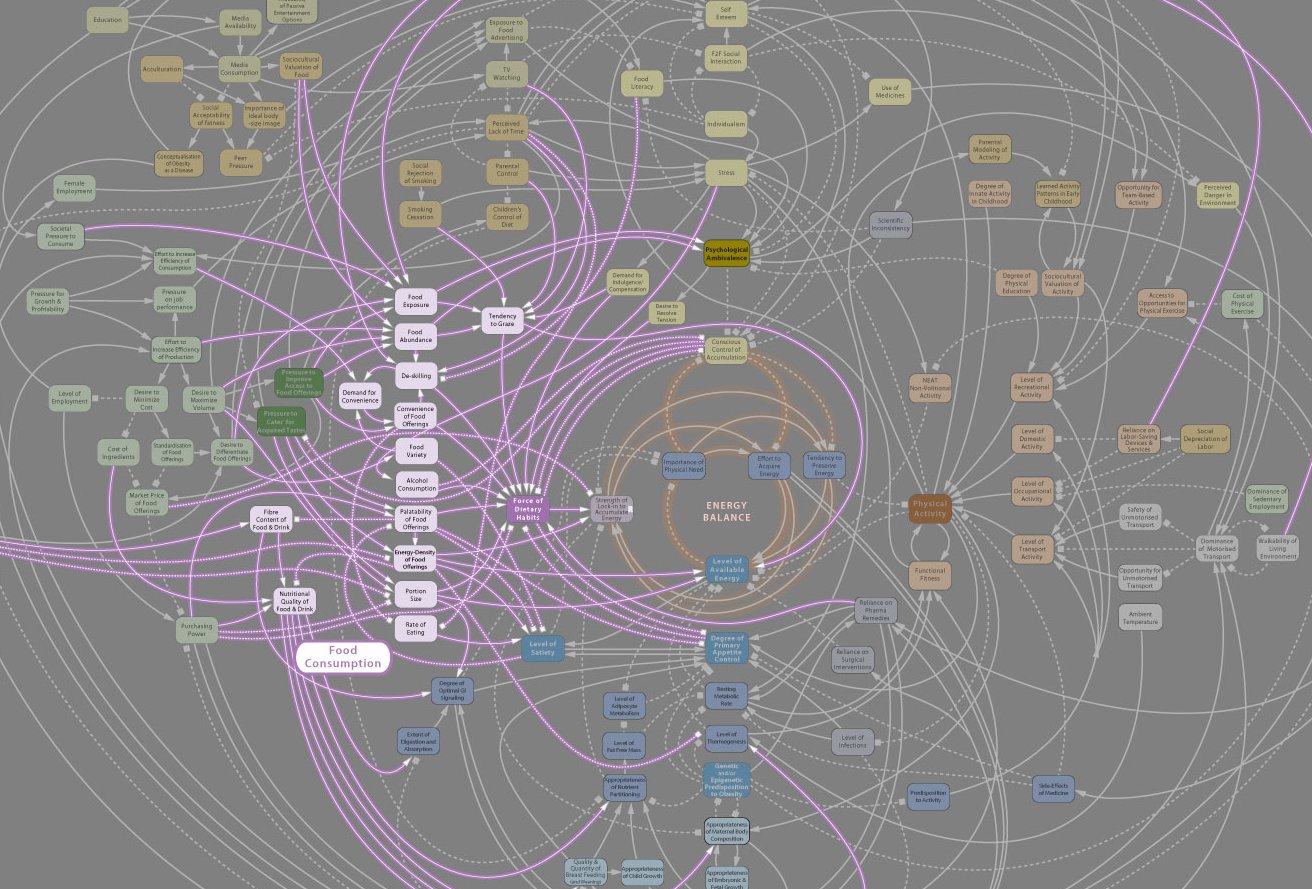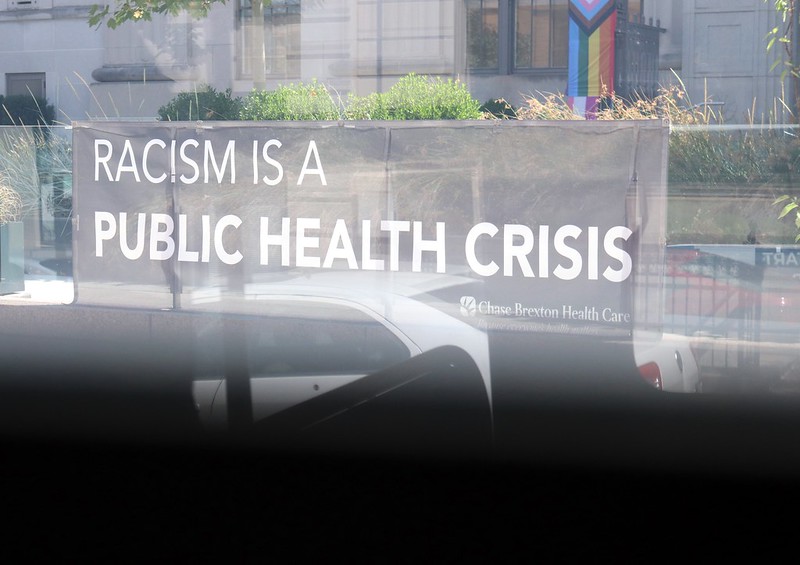I took a quick trip to Target a month ago and browsed for new jeans. I approached the clothing section and was suddenly struck by the overwhelming challenge I had undertaken. From rack to rack, I had to choose from a multitude of different brands (Levis, Wrangler, True Religion and more), different styles (skinny, bootcut, tapered and more) and different colors (blue, black, tan and more). I had to figure out my current exact size and, even then, there are many different ways to size jeans (small-medium-large, waist-by-length and others).










